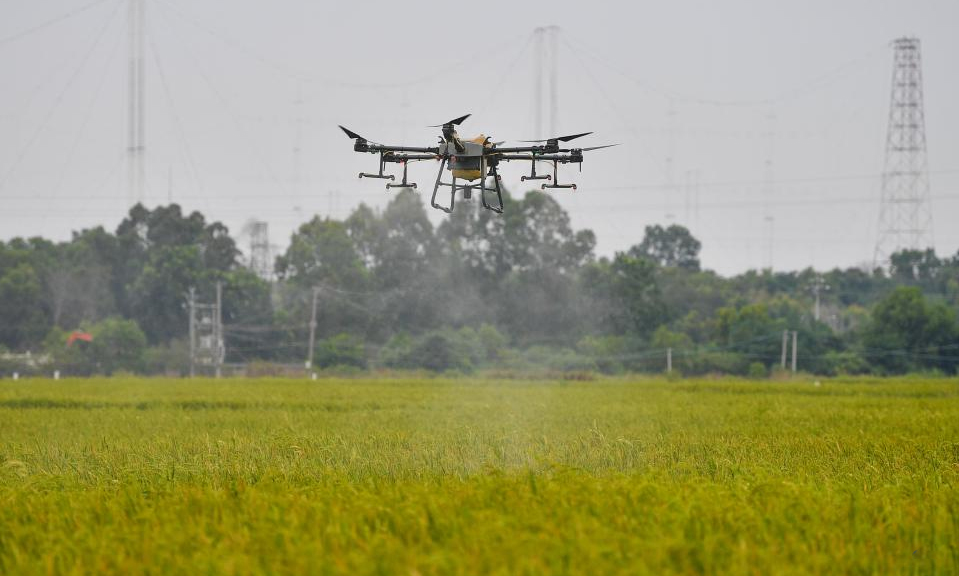Forum Macao focuses on cooperation between mainland provinces, Portuguese-speaking countries
MACAO, Oct. 22 (Xinhua) -- The Forum for Economic and Trade Cooperation between China and Portuguese-speaking countries (PSCs), also known as Forum Macao, has co-hosted events in the Macao Special Administrative Region (SAR) to facilitate cooperation between Chinese mainland provinces and PSCs.
Delegations of the coastal and economically strong provinces of Zhejiang, Jiangsu and Fujian on Thursday discussed deepening cooperation with PSCs on the economic, trade and cultural fronts, and promoting the application and industrialization of innovations, and scientific and technological projects.
Ji Xianzheng, secretary-general of the Permanent Secretariat of the Forum Macao, said the forum would continue serving as a platform for mainland provinces and municipalities to carry out economic and cultural cooperation with PSCs, so as to combine the advantages of rich natural resources in PSCs and huge market potentials on the Chinese mainland.
Lu Shan, vice governor of Zhejiang, said the eastern province is willing to continue facilitating trade and investments with PSCs, promoting infrastructure connectivity, and cooperating with PSCs on green trade and energy conservation to foster new growth points.
On behalf of PSCs, Paulo Jorge Rodrigues do Espirito Santo, deputy secretary-general of the Permanent Secretariat of the Forum Macao, encouraged mainland and Macao enterprises to invest in PSCs and seek better solutions on boosting the economic development of all parties concerned, calling for support to small- and medium-sized enterprises.
Founded in Macao in 2003, the forum is aimed at enhancing economic and trade exchanges between China and PSCs, giving full play to Macao's role of an economic and trade platform linking China and PSCs, and promoting the common development of the Chinese mainland, PSCs and the Macao SAR.
Photos
Related Stories
- Film festival in Macao to screen movies in Chinese, Portuguese languages
- Macao hosts exhibitions on investment, business matching, products of Portuguese-speaking countries
- Macao's forex reserves drop to 26.02 bln USD at end of September
- HK, Macao start to select space experts
- Interview: Payload specialist selection significant to Macao's science development
- Macao SAR selects payload specialist to join national space program
- Macao hosts forum to build green infrastructure platform
- China makes historic progress on "one country, two systems" in HK, Macao
Copyright © 2022 People's Daily Online. All Rights Reserved.









